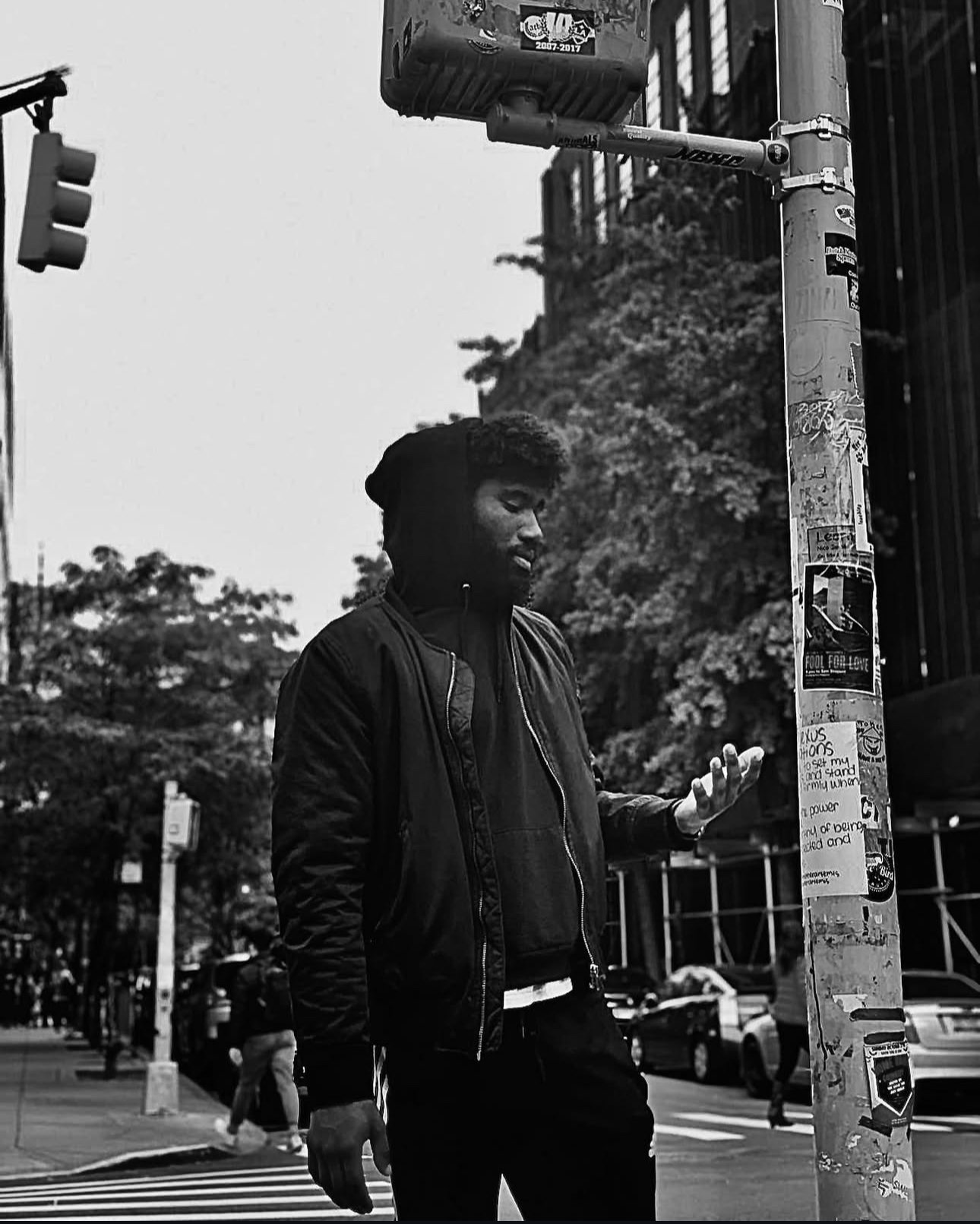How to Prepare for the Worst Without Living in Fear: Rule No. 12
A quiet rule on resilience, wisdom, and spiritual readiness
Peace isn’t in the forecast. It’s in the foundation.
The last time we met, I shared Rule No. 11: UNDERSTAND YOUR AUDIENCE. The heart of that message was simple: Before you speak, know who’s listening. Before you write, know who it’s for.
Since then, I’ve been a little quiet. Not because I disappeared—but because something important reached its end. A few days after publishing that last post, I completed my third book and closed out the Embers of Light and Shadows trilogy. Ninety poems in thirty-two days.
I pushed through writing fatigue to finish, but I’m proud of what emerged from the process. I took a short break afterward—mentally and spiritually—to recalibrate. I’ve also been teaching children’s church again and making room for new friendships. Last weekend, a friend came over and we made an Egyptian stew. It was delicious. I even got to share some with another friend later.
Lately, I’ve been reminded that no man is an island. That community is not just comfort—it’s protection. Especially when some storms don’t give warnings.
Some Storms Don’t Give Warnings
There are few feelings more unsettling than knowing something is wrong… but being unable to name it.
Worse still is when you’re finally resting—when your life is quiet, your soul is steady, and the world finally feels like it’s responding to your rhythm—and then it hits. No clouds on the horizon. No crack of thunder. Just an unspoken shift in the air. The birds move strangely. The silence feels… off.
When I’ve brought this feeling up in the past, people have said, “You’re overthinking it.” Or they offer mantras: “Speak life.” “Manifest your outcome.” “Visualize the win.”
And while there’s truth in hope and power in vision, I’ve learned the hard way that positive thinking isn’t a substitute for spiritual preparation.
The worst storms I’ve experienced didn’t come with thunder. They came quietly—and they found my harbor unanchored. They looted my peace, capsized relationships, and left nothing but fragments in their wake.
I traded relationship for repetition. I confused faith with formula.
But I’ve since learned:
Peace doesn’t come from expecting the best.
Peace comes from knowing that even if the worst arrives—it won’t take you out.
That kind of peace doesn’t show up at the last minute. It’s cultivated. Watered. Built in silence. It takes root in the hours no one sees.
The Discipline of Building in the Quiet
Growing up, my primary school teachers had a phrase they repeated often:
“To fail to prepare is to prepare to fail.”
I was a bright kid with a strong memory, so I often coasted—waiting until the last moment to get things done. But over and over, I’d misjudge how much time I really needed. I thought preparation was just for the big stuff: exams, speeches, job interviews.
But I’ve come to understand: preparation is a spiritual rhythm.
Silence is where the strongest structures begin.
It’s not just laying out your clothes or taking the chicken out of the freezer.
It’s steadying your spirit.
Securing your soul.
It looks like:
Keeping a savings account—not just in your bank, but in your soul
Healing your inner child before relationships demand it
Letting go with grace, without losing your grounding
Learning how to lose without losing yourself
Standing firm in your convictions before they’re ever tested
The strongest people I know rarely announce their strength.
They don’t posture. They don’t perform.
They show up for themselves, and then for others even when escape would be easier.
They don’t crumble when the winds rise, because they’ve built on rock, not sand.
A Hard Lesson
A year ago, I faced a storm that shook me to my core.
It arrived without warning but when I looked back recently, I realized: the signs were there. Subtle, but present. And someone close to me had even said it plainly months before:
“You need to start preparing.”
I didn’t listen.
I was thinking positive—but not planning properly.
I had faith—but no structure.
And when the dust settled, the only thing I had left was my belief.
Even in clear skies, I carry what kept me grounded.
But faith without works is dead.
The storm was necessary—it ushered in a season of rebuilding. Still, I now know I could’ve started from a higher ground. I could’ve spared myself a harsher collapse.
So now, even when the skies are clear I bring an umbrella.
Even when everything seems right—I ask myself, what if it isn’t?
Not out of fear, but out of wisdom.
I act now, so that moments don’t find me scrambling but instead, standing.
True strength isn’t measured by how perfect your plans are. It’s measured by how rooted you remain when they fall apart.
Five Scriptures That Help Me Prepare
Here are five verses that have anchored me in seasons of uncertainty—when peace was a practice, not a feeling:
Proverbs 27:12 — “The prudent see danger and take refuge, but the simple keep going and pay the penalty.”
Psalm 11:3 — “When the foundations are being destroyed, what can the righteous do?”
Matthew 7:24-25 — “Everyone who hears these words of mine and puts them into practice is like a wise man who built his house on the rock.”
James 2:17 — “Faith by itself, if it is not accompanied by action, is dead.”
Isaiah 26:3 — “You will keep in perfect peace those whose minds are steadfast, because they trust in you.”
Fear vs. Wisdom
Before I close, let’s name the difference.
Fear asks: What if the worst happens?
Wisdom answers: If it does, I’ve already chosen who I will be.
Rule No. 12 isn’t about being cynical. It’s about being constructive. It’s about being under construction and building wisely.
You cannot control the storm.
But you can control your structure.
Peace that surpasses understanding isn’t found in the forecast.
It’s found in your foundation.
So build now. Quietly.
Before the sky ever shifts.


